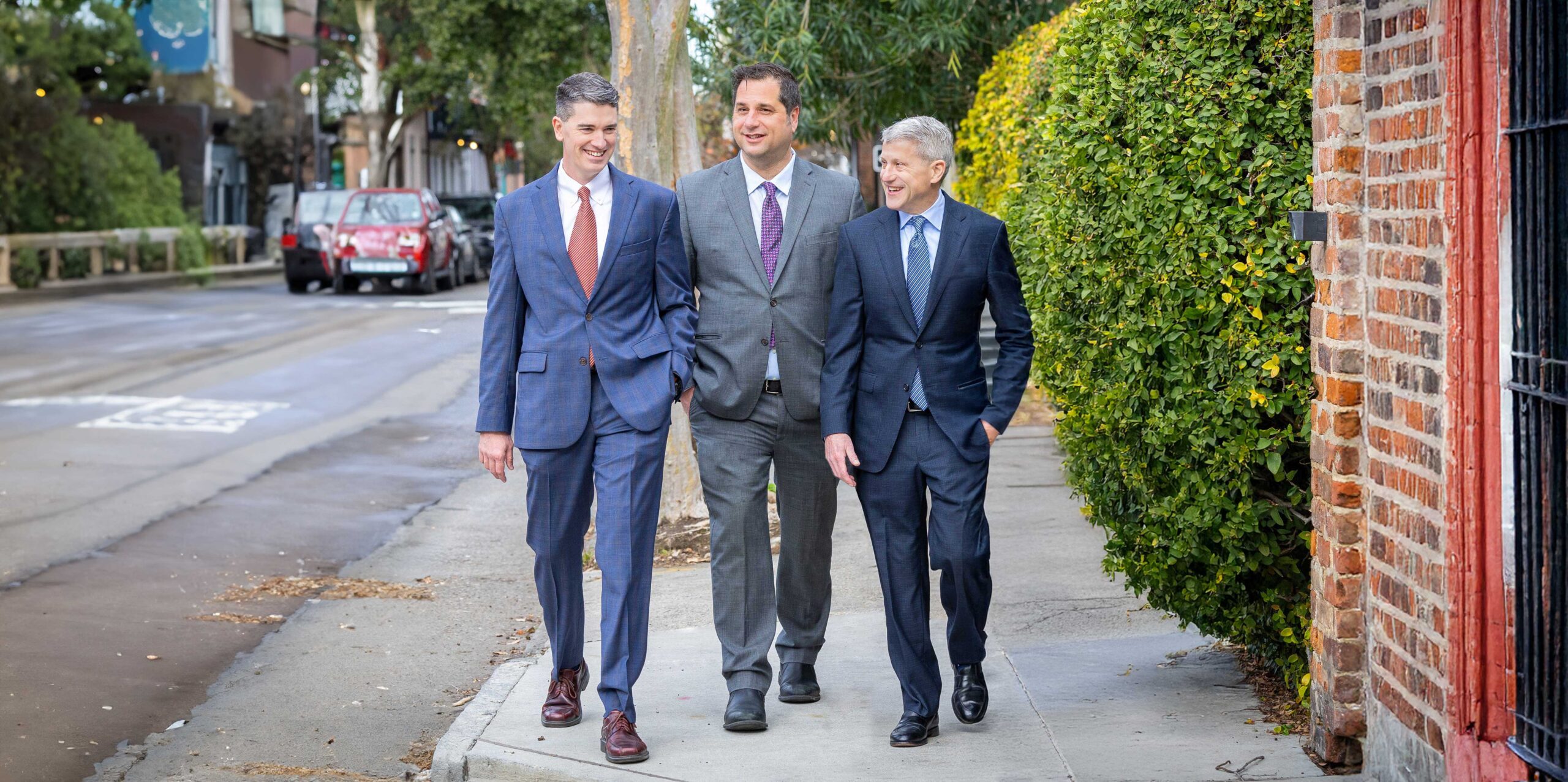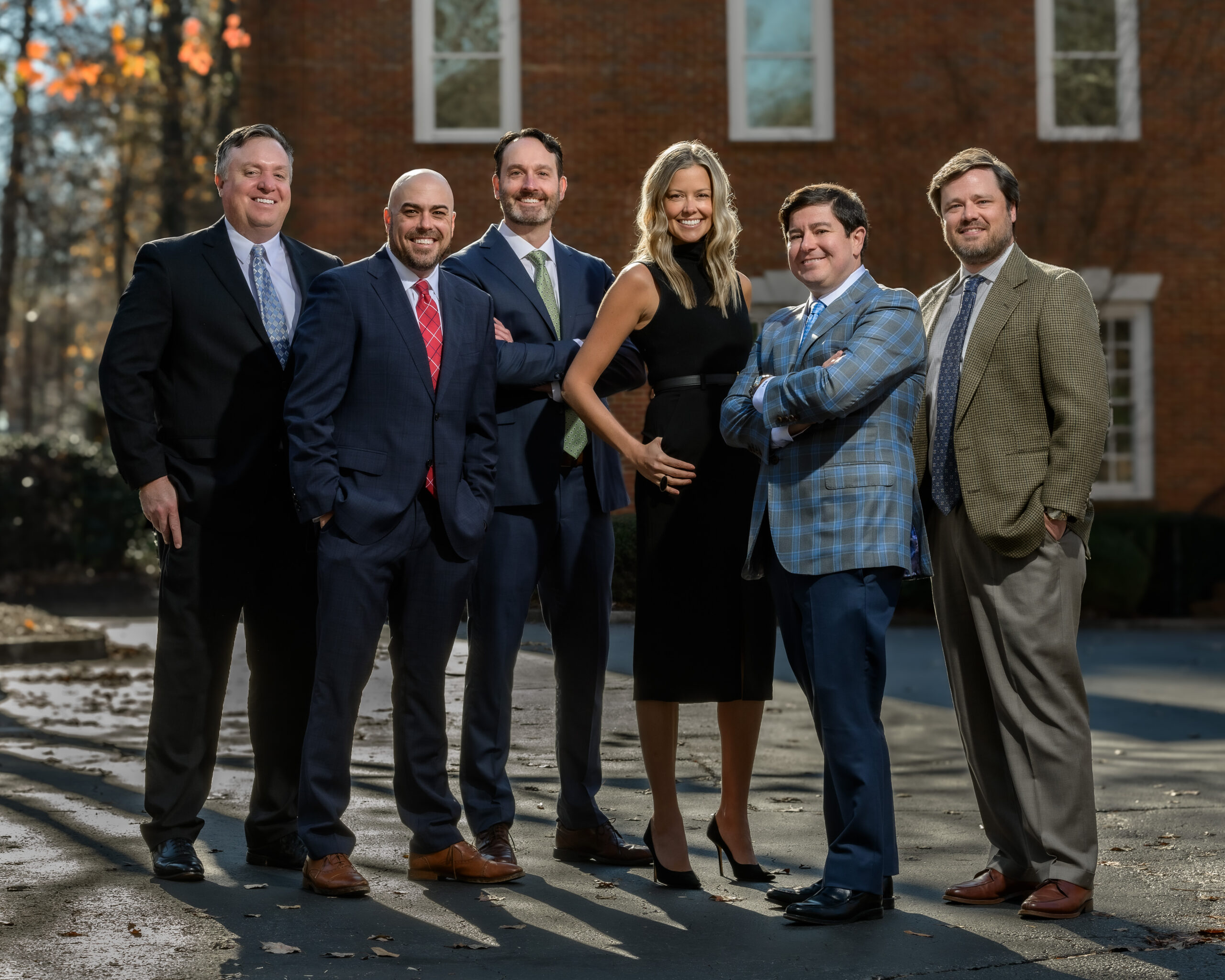
Carbon Monoxide Risks Increase During Extreme Winter Storms Across the U.S.
Dangerous winter storms and widespread power outages can increase the risk of carbon monoxide poisoning. Improper use of generators, heaters, and other household items raises serious safety and legal concerns.






































